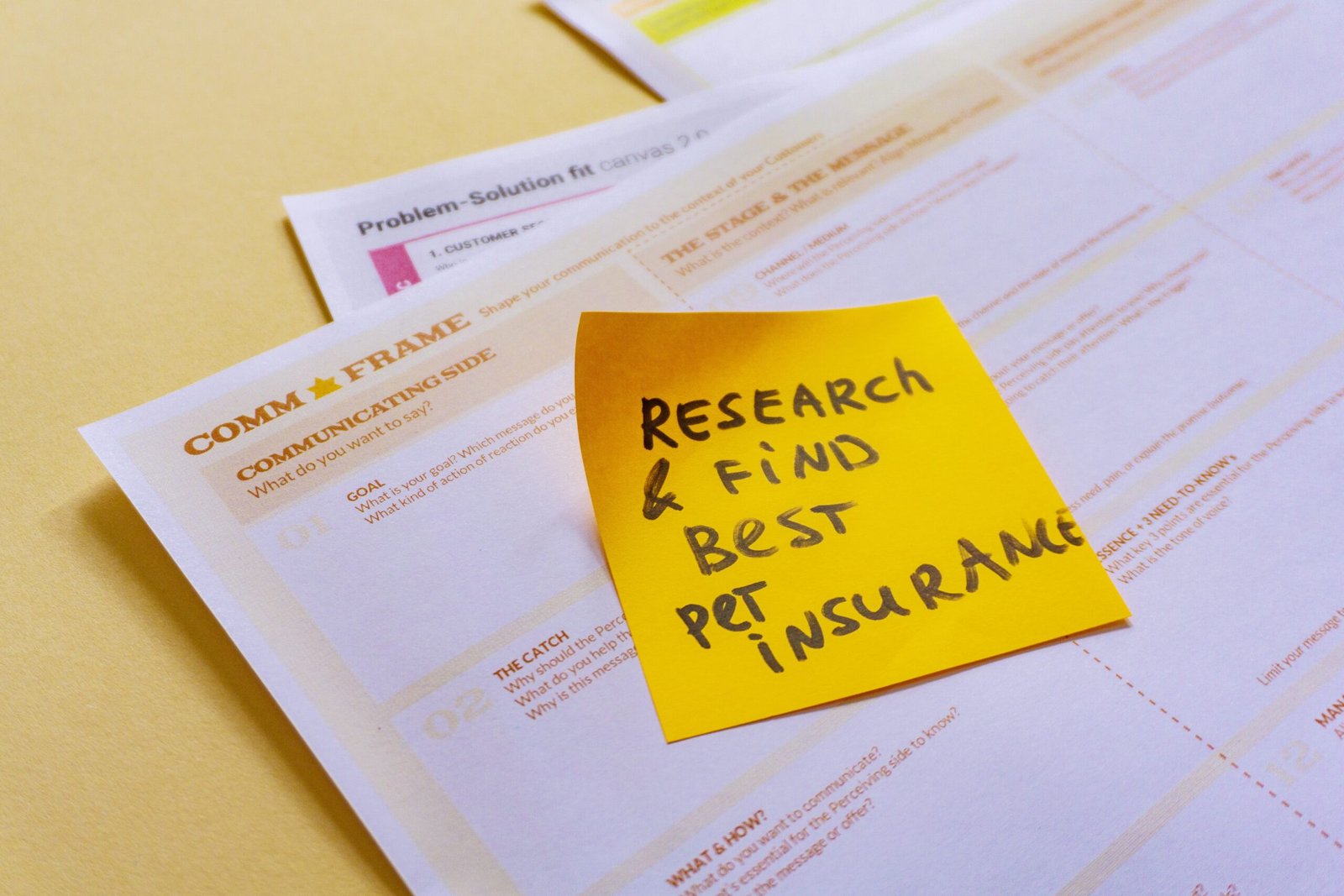Recognizing and Treating Pet Dental Issues: A Comprehensive Guide
Introduction:
Welcome to our comprehensive guide on recognizing and treating pet dental issues. As pet owners, we often focus on our furry friends’ overall health and well-being, but dental health is equally important. Just like humans, pets can suffer from dental problems that can lead to pain, discomfort, and even serious health issues. In this blog post, we will explore the latest trends in pet dental care, provide valuable information on recognizing dental issues, and offer effective treatment options. Let’s dive in!
Recognizing Pet Dental Issues:
1. Bad Breath:
One of the most common signs of dental problems in pets is persistent bad breath. While it’s normal for pets to have some odor, excessively foul breath can indicate dental issues such as gum disease or tooth decay. If your pet’s breath has an unusually strong odor, it’s time to consult your veterinarian.
2. Excessive Drooling:
If you notice that your pet is drooling excessively, it could be a sign of dental problems. Dental issues can cause pain and discomfort, leading to increased drooling. Pay attention to any changes in your pet’s drooling habits and consult your vet if you notice a sudden increase.
3. Difficulty Eating:
Pets with dental issues may experience difficulty eating or show a reluctance to eat altogether. They may chew on one side of their mouth or avoid hard food altogether. If your pet is displaying these signs, it’s crucial to have their dental health examined by a professional.
4. Pawing at the Mouth:
If your pet is frequently pawing at their mouth or showing signs of discomfort when eating or playing with toys, it could indicate dental pain. Pets often try to alleviate discomfort by pawing at the affected area. Don’t ignore these signs; seek veterinary assistance promptly.
5. Red or Swollen Gums:
Healthy gums should be pink and firm. If you notice redness, swelling, or bleeding in your pet’s gums, it could be a sign of gum disease or infection. Regularly check your pet’s gums for any abnormalities and consult your veterinarian if you observe these symptoms.
Treating Pet Dental Issues:
1. Professional Dental Cleaning:
Regular professional dental cleanings are essential for maintaining your pet’s oral health. During these cleanings, your veterinarian will remove plaque and tartar buildup, perform a thorough examination, and address any dental issues. Professional cleanings should be done under anesthesia to ensure a stress-free and safe experience for your pet.
2. Brushing Your Pet’s Teeth:
Brushing your pet’s teeth regularly is vital in preventing dental issues. Use a pet-specific toothbrush and toothpaste to clean their teeth gently. Start by introducing the process gradually, allowing your pet to get comfortable with the sensation. Aim to brush their teeth at least three times a week.
3. Dental Diets and Treats:
There are specially formulated dental diets and treats available that can help reduce plaque and tartar buildup. These products often have a unique texture or contain enzymes that promote dental health. Consult your veterinarian to find the most suitable dental diet or treat for your pet.
4. Dental Toys and Chews:
Providing your pet with dental toys and chews can help promote good oral hygiene. These toys and chews are designed to remove plaque and tartar, keeping your pet’s teeth clean and healthy. Ensure you choose toys and chews that are appropriate for your pet’s size and chewing habits.
5. Regular Dental Check-ups:
Just like humans, pets should have regular dental check-ups. Your veterinarian will examine your pet’s teeth, gums, and overall oral health, ensuring any issues are detected and addressed early. Regular check-ups can prevent dental problems from worsening and save your pet from unnecessary pain and discomfort.
Frequently Asked Questions (FAQs)
Q: How often should I have my pet’s teeth professionally cleaned?
A: The frequency of professional dental cleanings depends on your pet’s individual needs. Your veterinarian will assess your pet’s oral health and recommend an appropriate cleaning schedule.
Q: Can I use human toothpaste to brush my pet’s teeth?
A: No, human toothpaste can be harmful to pets if ingested. Use pet-specific toothpaste, as it is formulated to be safe for animals.
Q: Are there any home remedies for pet dental issues?
A: While there are some home remedies suggested by pet owners, it’s important to consult your veterinarian before trying any alternative treatments. Professional guidance is crucial to ensure your pet’s safety and well-being.
Q: Can dental issues in pets lead to other health problems?
A: Yes, untreated dental issues can lead to various health problems, including infections, heart disease, and kidney problems. Maintaining your pet’s dental health is essential for their overall well-being.
Q: How can I make brushing my pet’s teeth less stressful?
A: Start by introducing toothbrushing gradually and using positive reinforcement. Make it a bonding experience by offering praise and rewards. Patience and consistency are key to making toothbrushing a stress-free activity for your pet.
Tips:
– Avoid feeding your pet sugary or sticky treats, as they can contribute to dental issues.
– Regularly inspect your pet’s teeth and gums for any signs of dental problems.
– Provide your pet with appropriate chew toys to help keep their teeth clean.
– Schedule regular dental check-ups to catch any issues early.
– Be mindful of your pet’s diet and ensure it promotes good dental health.
Conclusion:
Ensuring your pet’s dental health is essential for their overall well-being. By recognizing the signs of dental issues and taking proactive measures, you can help prevent discomfort and serious health problems for your furry friend. Remember to consult your veterinarian for professional advice tailored to your pet’s specific needs. Together, we can keep our pets’ smiles bright and healthy!
Call to Action:
Share this valuable information with your fellow pet owners and help spread awareness about the importance of pet dental care. Together, let’s ensure our pets live happy and healthy lives!









